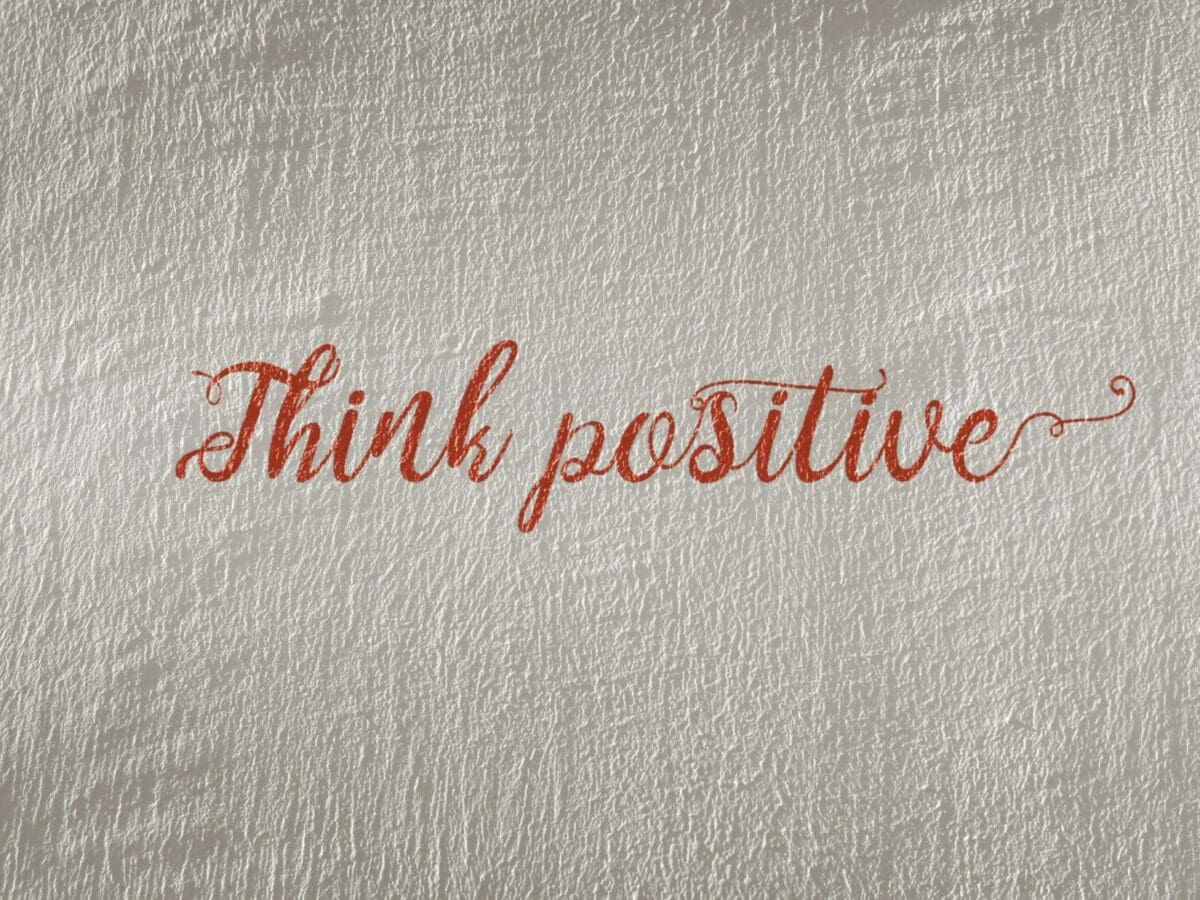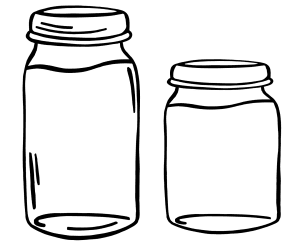
Seasonal Changes
October 21, 2019 in Be Positive, Educate Yourself
As the weather cools, the sky darkens, and the color of the leaves change, so do our behaviors and attitudes. The term often used is “seasonal affective disorder.” Our energies begin to compare with the depleting elements in our environment. Our circadian rhythms are thrown off when it begins to get darker earlier in the day, and/or daylight savings. This reduced sunlight can also cause a drop in our serotonin levels, as well as imbalances in melatonin levels.
Seasonal affective disorder is most common during the fall and winter  seasons, which is what I personally suffer from. However, seasonal depression can be experienced during any season by anybody, anywhere, and at any age. Symptoms usually include fatigue, lack of motivation and concentration, trouble sleeping, loss of interest, changes in appetite, etc. While most school schedules begin their midterm exam periods, it could be difficult to study and prioritize these tests when seasonal depression begins creeping in. However, there are ways to prevent these symptoms, and help you get back on track.
seasons, which is what I personally suffer from. However, seasonal depression can be experienced during any season by anybody, anywhere, and at any age. Symptoms usually include fatigue, lack of motivation and concentration, trouble sleeping, loss of interest, changes in appetite, etc. While most school schedules begin their midterm exam periods, it could be difficult to study and prioritize these tests when seasonal depression begins creeping in. However, there are ways to prevent these symptoms, and help you get back on track.
Try eating foods that are rich in vitamin D to attempt at substituting the  vitamin D you get from sun exposure. These foods can include eggs and wild salmon. Omega-3 rich foods such as fish, chia seeds, flax seeds, avocados, etc, are also scientifically proven to potentially help with mood changes. However, we can’t forget about our fruits and vegetables, which contain various vitamins and minerals that are essential for our bodies and their functions through the diet. Eating a balanced and healthy diet, overall, tends to help me the most.
vitamin D you get from sun exposure. These foods can include eggs and wild salmon. Omega-3 rich foods such as fish, chia seeds, flax seeds, avocados, etc, are also scientifically proven to potentially help with mood changes. However, we can’t forget about our fruits and vegetables, which contain various vitamins and minerals that are essential for our bodies and their functions through the diet. Eating a balanced and healthy diet, overall, tends to help me the most.
Try light therapy. You can order these lamps on the internet, and many find it to be effective to help treat seasonal affective disorder. However, you must make sure that these light boxes are stronger than the average lightbulb. You only have to sit in front of these specific lights for 20-90 minutes a day, and it could greatly increase your mood.
Try staying active. As unmotivated as you might become, a brisk walk or some moderate physical activity is proven to boost your mood and help balance any disruptions our bodies may have been exposed to during these stressful times.
Do your best at staying engaged with your friends and family. Plan outings or breaks during your free time and recognize how happy they can make you feel. A little distraction like this can help you come out of hiding on these cold months. Or, use your friends as a resource and support system. If you do not feel comfortable doing this, seek professional help!
Do you find your mood changing during this time of year? What tips do you have to combat symptoms with seasonal affective disorder?







Recent Comments